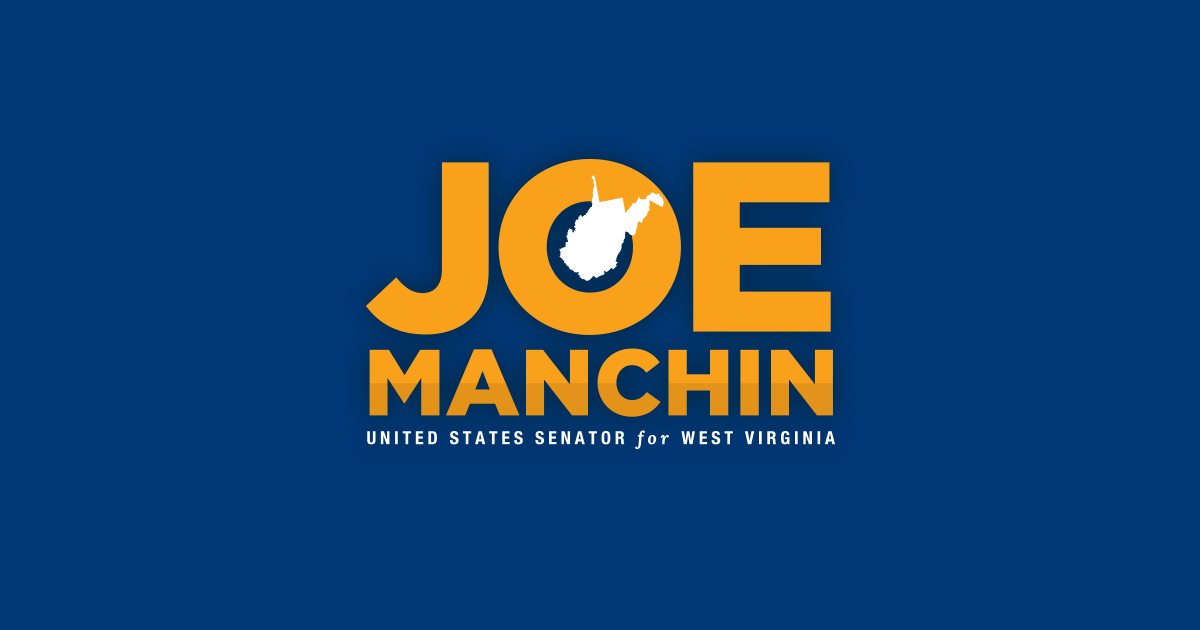Source: United States Senator for West Virginia Joe Manchin
Washington, DC – U.S. Senators Joe Manchin (D-WV) and Shelley Moore Capito (R-WV), members of the Senate Appropriations Committee, today announced $982,665 from the National Science Foundation (NSF) for two research projects at West Virginia University.
“The National Science Foundation continues to be a strong partner for West Virginia universities and colleges through their support for critical research and efforts to foster educational opportunities for students across the Mountain State. I am pleased NSF is investing in research at West Virginia University for ecology and astronomy research. I look forward to seeing the impacts of this research, and I will continue to support educational opportunities for West Virginia students,” said Senator Manchin.
“West Virginia University continues to be a national leader when it comes to research, technology, and developing and promoting STEM-related careers,” Senator Capito said. “Grants like this are crucial to the work being done in Morgantown and I will always be a strong advocate for funding that invests in West Virginia’s colleges and universities, enabling them to expand their research capacity.”
Individual awards listed below:
- $756,318 – “Tackling microbial biodiversity to create ecological strategies relevant to soil carbon cycling”
- This project will study the relationship between microorganisms and soil carbon. Additionally, this project will provide experiential learning opportunities for over 100 high school students in rural and economically depressed communities in West Virginia. The National Science Foundation is investing $461,008 in 2021 and will invest additional funding totaling $756,318 over the next three years until the expected end date of the project 2024.
- $226,347 – “Collaborative Research: WoU-MMA: Toward Binary Neutron Star Mergers on a Moving-mesh”
- This project will develop a computational code for modeling the mergers of neutron star binaries to help us learn more about the origins of heavy elements in the universe. The project will also create training materials for numerical relativity at the graduate and undergraduate levels.
